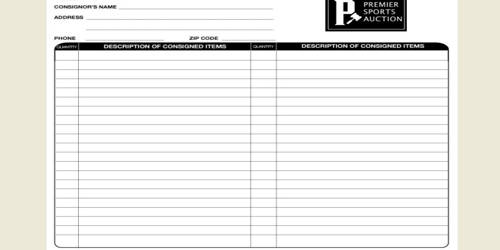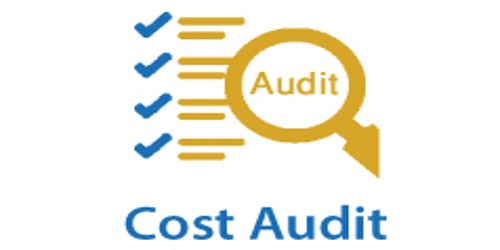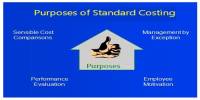Types of Consignment Expenses
The various expenses are required for goods sent by the consignor to the consignee. Consignment is an arrangement made between two parties to sell the goods in different places for a consideration called Commission. Similarly, the expenses are also required for storing and selling activity performed by the consignee. The person who acts on behalf of his principal to sell the goods is called Consignee. The person who consigns/sends the goods to the place of his agent at his own risk is called Consignor. Consignment expenses are those expenses which are incurred on consignment by Consignor or Consignee.
These expenses are of two types:
(1) Non-recurring Expenses
The expenses incurred between the period of goods sent by the consignor to receive by the consignee are known as non-recurring expenses. In other words, all expenses incurred until the goods reach the consignee are non-recurring expenses. Examples of non-recurring expenses are as follows:
Expenses of the consignor
- Packing
- Carriage
- Docks dues
- Landing Charge
- Freight
- Insurance
Expenses of the consignee
- Unloading charge
- Dock dues
- Import duty
Non-recurring expenses must be included in the cost of the consignment. For arriving at the consignment, these expenses are added. These expenses are also taken into consideration while calculating the value of an unsold stock or closing stock with the consignee.
(2) Recurring Expenses
The expenses paid by the consignee after receiving the consigned goods are known as recurring expenses. These expenses are of recurring nature and do not increase the value of goods. Though the recurring expenses are met by consignor or consignee, these expenses should be borne by the consignor. Some examples of recurring expenses are as follows:
Expenses of the consignor
- Bank charges
- Expenses incurred on damaged
- Goods received back
Expenses of the consignee
- Storage charge
- Insurance
- Brokerage
- Advertising
- Salary to salesmen
- Expenses on goods return
- Goods damaged
- Commission on sales.
















